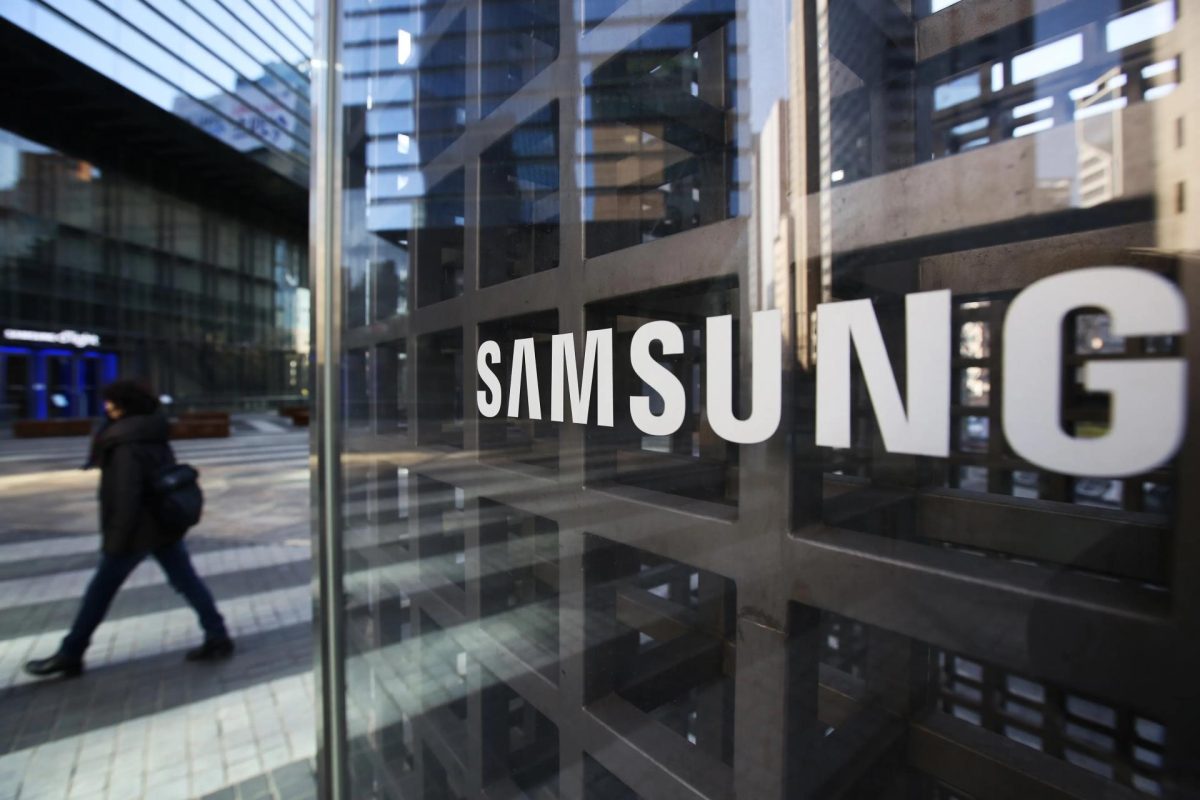Samsung is making a bold move to challenge TSMC’s dominance in the chip manufacturing market, especially in the U.S. The South Korean tech giant has launched a new hiring campaign, offering hefty salaries of up to $300,000 to sales executives who can help it secure orders from U.S. customers. 
This comes as Samsung ramps up its efforts to establish a strong presence in the U.S. semiconductor market, with a new high-tech chip manufacturing facility under construction in Taylor, Texas. The plant, which is slated to begin mass production in 2026, will use cutting-edge technologies like the 2-nanometer chip process.
Samsung’s ambition to rival TSMC comes at a time when the Taiwanese company is already ahead with its own U.S. plant in Arizona. TSMC’s Arizona facility is already in operation, producing 4-nanometer GPUs and processors for top companies like Apple and NVIDIA. However, Samsung hopes to bridge the gap and capture some of that U.S. market share. To achieve this, Samsung has hired a former TSMC executive and is actively recruiting sales talent, especially in California, offering salaries ranging from $200,000 to $319,800 for positions like foundry sales directors.
The push to hire U.S. sales professionals is part of Samsung’s strategy to build up a strong customer base in the region, which will help it recoup the massive investment required for its state-of-the-art manufacturing facility. The firm is offering competitive salaries for various positions, with an account manager role earning between $140,515 and $217,485, while a senior research manager can earn up to $266,910. These pay packages are notably higher than similar roles in South Korea.
With the intense competition between Samsung and TSMC heating up, both companies are hoping that their U.S. plants will allow them to capitalize on the U.S. government’s push to bring semiconductor production back to American soil. As of now, TSMC has the upper hand with its operational Arizona fab, but Samsung is betting that its advanced chip technologies and aggressive recruitment strategy will help it secure its place in the U.S. market.